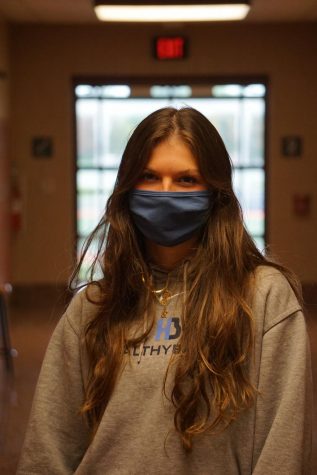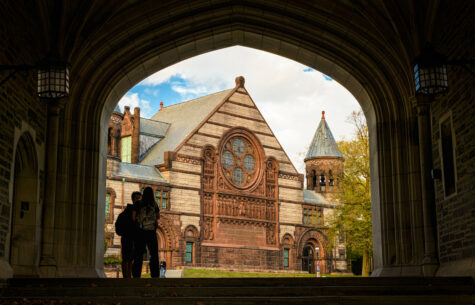Editorial: University Students Shouldn’t Need to Live in Moldy Dorms
May 31, 2019
This past fall a student at the University of Maryland began to fall very ill. It wasn’t due to a common virus or a bug, but to mold in student dorms. The University failed to alert students early enough, which left a student dead.
Students at universities shouldn’t be living in dorms infested with mold due to illness.
Olivia Paregol,18, was a freshman living in the dorms at the University of Maryland. Paregol developed a cough, which eventually developed into pneumonia. She went to the health center multiple times, but no action was taken to help her. It was later confirmed that Paregol actually had contracted an adenovirus, ultimately causing her death.
As of May 16, 45 students from the University of Maryland have been diagnosed with adenovirus. Adenovirus are a group of viruses that infect the lining of your eyes, airways and lungs, and intestines and can become severe to people with weak immune systems. Paregol suffered from Crohn’s disease and a very weak immune system before attaining the virus.
According to the Washington Post, The University of Maryland failed to alert students about the mold and spreading of the virus on campus for up to 18 days. The approach the University took was completely unacceptable, and if something was said this could’ve been prevented. The most the University did for Paregol and her roommate Megan Sassaman was put them up in a hotel for 11 days, but were then moved back after the “cleaning was complete.”
The University of Maryland isn’t the only university dealing with mold. According to The Chronicle of Higher Education, The University of Tennessee at Knoxville, and Indiana University at Bloomington are both dealing with mold in dorms. The schools believe the mold is due to heat and humidity, but also poor maintenance.
Many illness resulting in outbreaks of mold could’ve been easily prevented. Alerting students and families would allow them to get the help they needed, and keep themselves safe. If you want to do something to help, contact your University or the Pennsylvania Board of Higher Education at (717) 720-4028 and make sure they are taking measures to prevent you or your children from mold.



